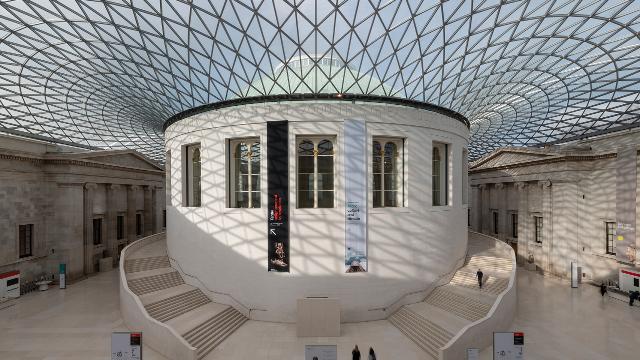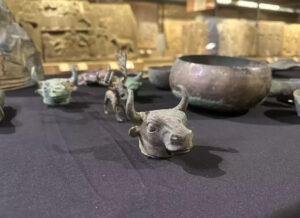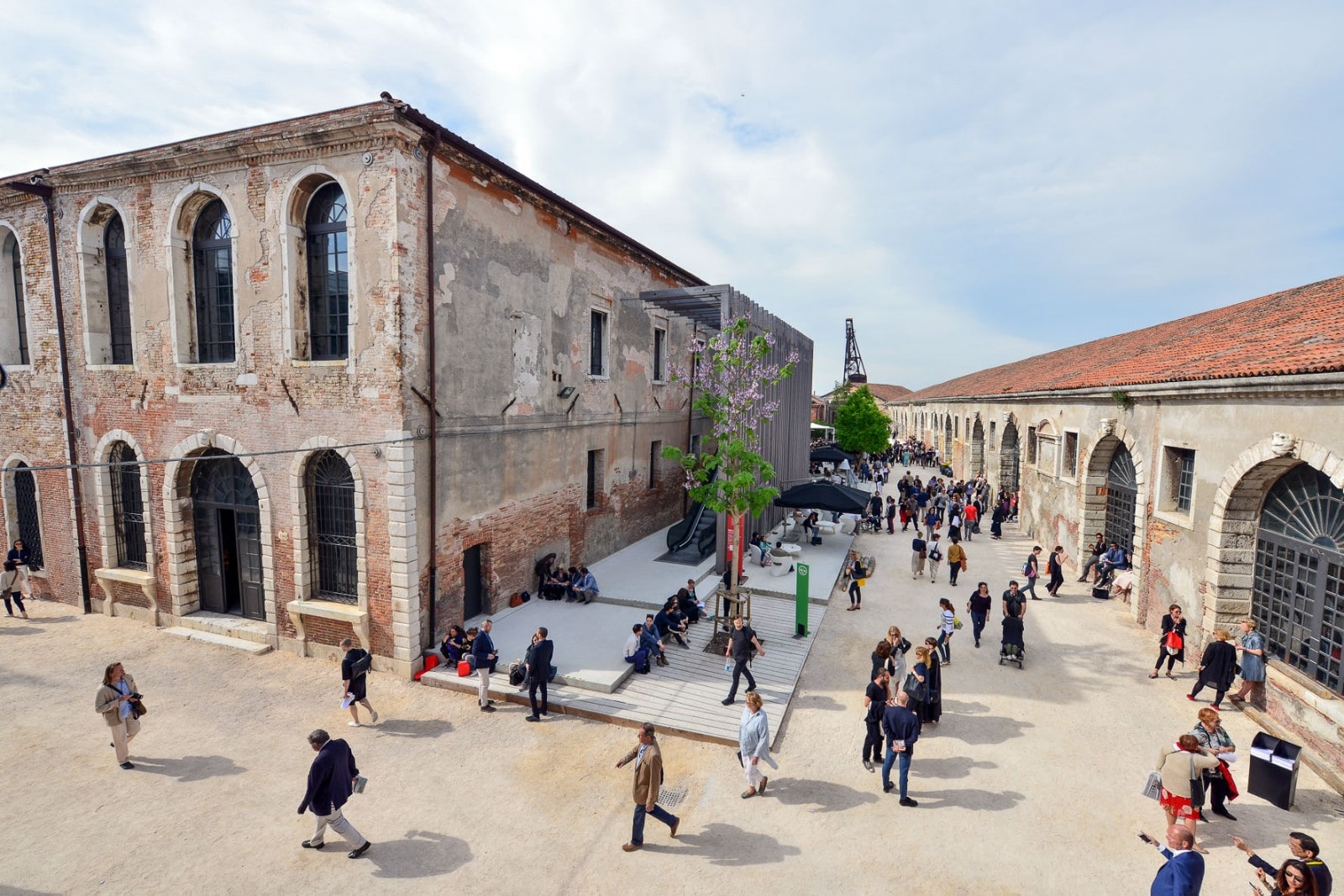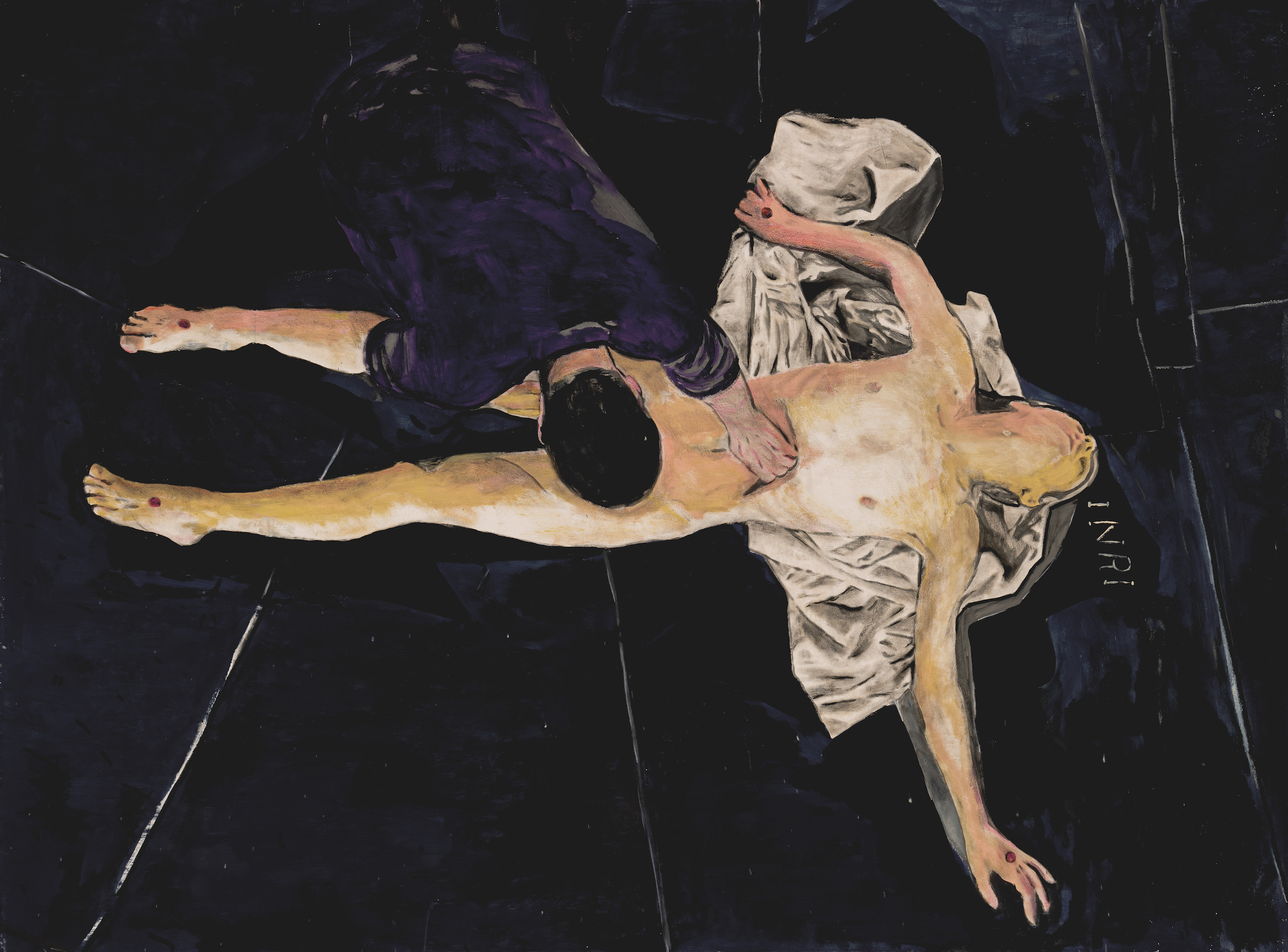A regulatory office is currently investigating the British Museum following allegations that the institution has maintained excessive secrecy regarding 11 Ethiopian artifacts in its collection, which were looted by soldiers in 1868.
These artifacts consist of sacred wood and stone altar tablets known as tabots, which were taken by British soldiers during the Battle of Maqdala. It’s noteworthy that these items have never been publicly displayed, and according to tradition, only priests from the Ethiopian Orthodox Church are permitted to view them. This tradition effectively bars the museum’s curators and trustees from examining the artifacts.
The investigation highlights ongoing debates surrounding the repatriation and ethical stewardship of cultural artifacts acquired through colonialism and looting. It underscores the complexities surrounding the ownership, display, and access to such objects, particularly when they hold deep cultural and religious significance for the communities from which they were taken.
A complaint has been lodged with the Information Commissioner’s Office (ICO) against the British Museum, alleging that the institution did not adequately disclose materials related to the artifacts in response to a freedom of information request. The request, submitted in August by the non-profit organization Returning Heritage, aimed to obtain information about the artifacts and their acquisition history.
This development underscores the ongoing scrutiny and calls for transparency regarding the provenance and management of cultural artifacts held in museum collections, particularly those acquired through colonial practices or looting. It highlights the importance of accountability and openness in addressing concerns related to cultural heritage and restitution efforts.
Returning Heritage has alleged that the British Museum’s response to their freedom of information request was incomplete, as it omitted relevant materials and excessively redacted information regarding the institution’s international discussions concerning the Ethiopian artifacts. Despite the restrictions outlined in the British Museum Act of 1963, which prohibits the sale, exchange, dispersal, or disposal of objects except in specific circumstances, Returning Heritage contends that the uncertain status of other disputed artifacts in the museum’s collection may pave the way for the return of the Ethiopian tabots.
This argument underscores the broader debate surrounding the restitution of cultural artifacts acquired through colonialism or looting and raises questions about the ethical obligations of museums to address historical injustices and engage in meaningful dialogue with affected communities.











